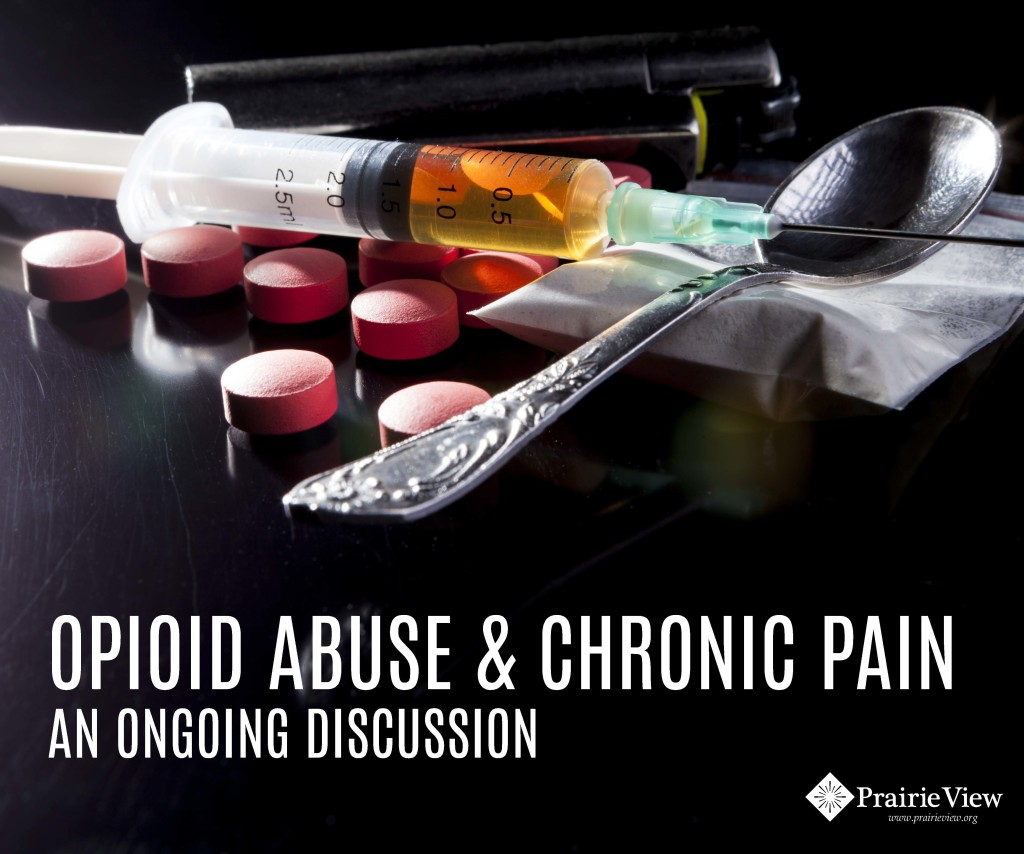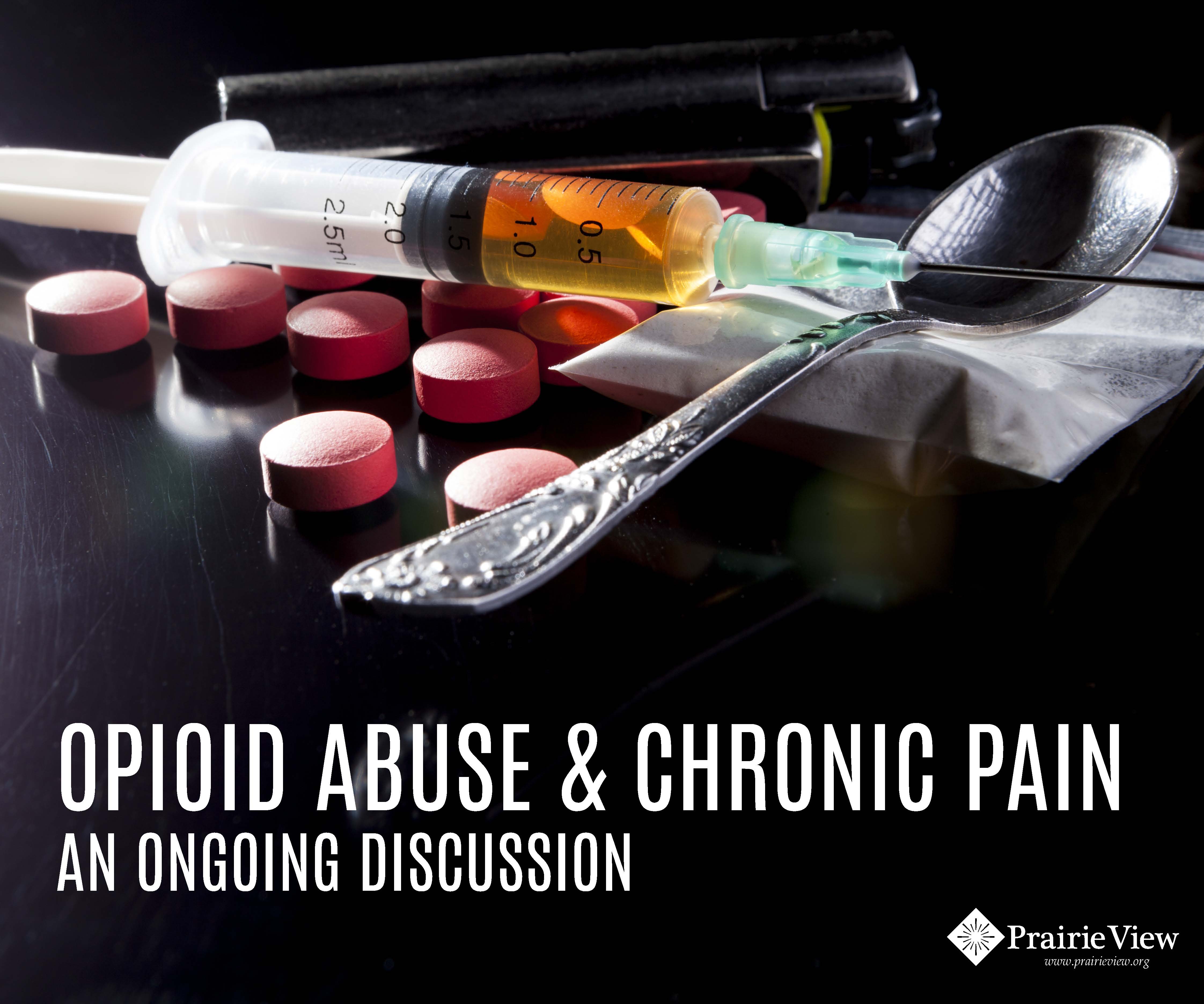Challenges in Using Opioids to Treat Pain in Persons With Substance Use Disorders
 More often than not, pain and abuse of substance exist together and their co-existence makes treatment of one without the other difficult. In most cases, if the pain is to be addressed, then the substance abuse has to be dealt with first. Opioids are compounds that look like opium in their addictive properties or psychological effects. They are sometimes used as pain relief whenever patients are in severe pains and other pain reliefs seem to be inefficient. Opioids are narcotics and as such are to be used moderately to prevent addiction. This is why when there are cases with patients who are already used to substance abuse, using Opioids tends to just aggravate the problem of substance use. These challenges in using opioids to treat pain in persons with substance use disorders are what this article seeks to talk about.
More often than not, pain and abuse of substance exist together and their co-existence makes treatment of one without the other difficult. In most cases, if the pain is to be addressed, then the substance abuse has to be dealt with first. Opioids are compounds that look like opium in their addictive properties or psychological effects. They are sometimes used as pain relief whenever patients are in severe pains and other pain reliefs seem to be inefficient. Opioids are narcotics and as such are to be used moderately to prevent addiction. This is why when there are cases with patients who are already used to substance abuse, using Opioids tends to just aggravate the problem of substance use. These challenges in using opioids to treat pain in persons with substance use disorders are what this article seeks to talk about.
Pain and Substance use
16 to 24 percent of Americans have been reported to have problems with alcohol abuse. 8% out of the total American population, from 12 years and older, do have a problem with illicit use of substance within a given month. Substance use disorders have been seen to be more significant in medical populations. For instance, 19 to 26% of hospitalized patients have substance use disorders, 40 to 60% are people that have sustained a major trauma, 5 to 67% are those who have been or are being treated for depression. From the above, it can be seen that the treatment of chronic pain poses challenges as the patient may just pick up an appetite which may be hard to shake off, long after their stay in the hospital.
Clinical and Ethical Challenges
Persons who have had a history with substance use are less likely to have an effective pain treatment. It is not as if the pain treatment is not effective but because such people are used to substances which have considerably altered or increased their tolerance and adaptability for such substances, even the most potent pain relief in their right doses will appear ineffective. This is where opioids come in.
Mild to moderate pains can easily be taken care of with physical modalities such as ice, rest and splints but when pains are severe, opioids appear to be one effective way of managing them. Clinicians are however concerned that opioids may be misused by patients. Opioids use in patients with substance use disorders does not only raise complex clinical issues, it also raises ethical issues. This is where the challenge lies. Principles of justice and beneficence demands that all persons have equal access to an effective pain treatment. However tension sets in when such persons are used to substance as the principle of non-maleficence asks that a medical practitioner ‘do no harm’ first when there are concerns about misuse which may cause harmful consequences.
Multidimensional Nature of Pain
Pain is multidimensional in nature. This is another challenge posed to treatment of pain. Pain is subjective, rather than objective, making it hard to actually verify if it exists. Since they are transferred by sensory and emotional experience, one can actually have pains without any physical signs that corroborate this. Therefore, since pain cannot be verified to be existent or not, it is advised that all clinicians attend to all cases of pain seriously. Some patients have the knowledge of this and may often feign pain in order to obtain opioids for non-pain related cases. Also, a patient with addiction who also has pains may not be able to properly coordinate or tell where the pain ends and a craving for opioids begins because actually, it may feel the same way. For instance, pain complaints come with distress calls, and when craving starts as well, the patient may show signs of serious distress. The chronic pain disorders’ spectrum as against addictive disorders is the same for everyone making it hard for actually append treatments accordingly. In patients with no past history of substance abuse, administering opioids is a whole lot easier than when it has to be administered to patients who history of substance abuse because it is very hard to tell when they are actually in need of opioids for pains.
In cases where clinicians are not sure, they have been taught to ask questions such as asking the patient how intense the pain is and asking them to describe their pains on the scale of 0 to 10. Sometimes, this may be useful in knowing the intensity of pain and at other times, some other methods needs to be worked up. In cases where pain seems to be persistent, not only the pain is assessed, the impact it will have on the individual receiving pain treatments will also have to be accessed. Such impacts as how it affects sleep, mood, stress level, work functions and recreational activities.
The challenges in using opioids in treating pains in persons with substance use disorders is high and complex and in most cases, clinician tend to evaluate the results. If the patient seems to get better by the use of Opioids, they should generally not be too concerned about the addiction. What can be done is to supervise the use on a short-term basis.




 Today there is little literature on the effectiveness of naloxone in treatment of sex addicts. There have been few research studies that have been done on the same and even the very studies that have been done were done on a much smaller scope to communicate any reliable information. With this said, naloxone isn’t a new drug as it has been used in the past for treatment of heroin overdose and addiction to opioids. This drug has been a favorite for many addicts and doctors as it is non-addictive unlike other opiates like methadone. It has been particularly been found to be effective in treatment of addiction-induced respiratory depression. It is also useful in ultra-rapid detoxifications and helps restore balance in the brain chemistry. Naloxone is an antagonist and works by blocking receptors in the brain hence breaking the chain in reward mechanism.
Today there is little literature on the effectiveness of naloxone in treatment of sex addicts. There have been few research studies that have been done on the same and even the very studies that have been done were done on a much smaller scope to communicate any reliable information. With this said, naloxone isn’t a new drug as it has been used in the past for treatment of heroin overdose and addiction to opioids. This drug has been a favorite for many addicts and doctors as it is non-addictive unlike other opiates like methadone. It has been particularly been found to be effective in treatment of addiction-induced respiratory depression. It is also useful in ultra-rapid detoxifications and helps restore balance in the brain chemistry. Naloxone is an antagonist and works by blocking receptors in the brain hence breaking the chain in reward mechanism.












